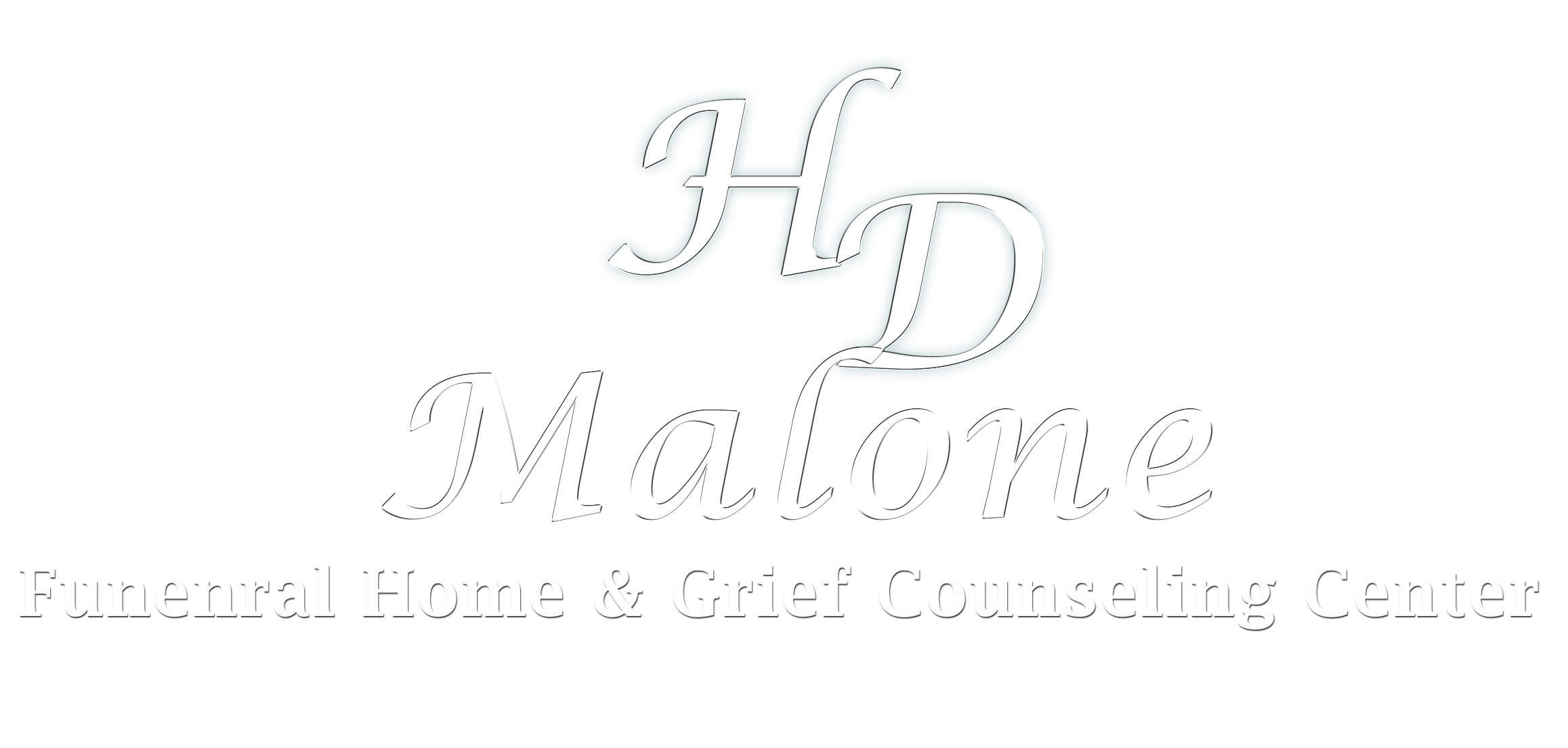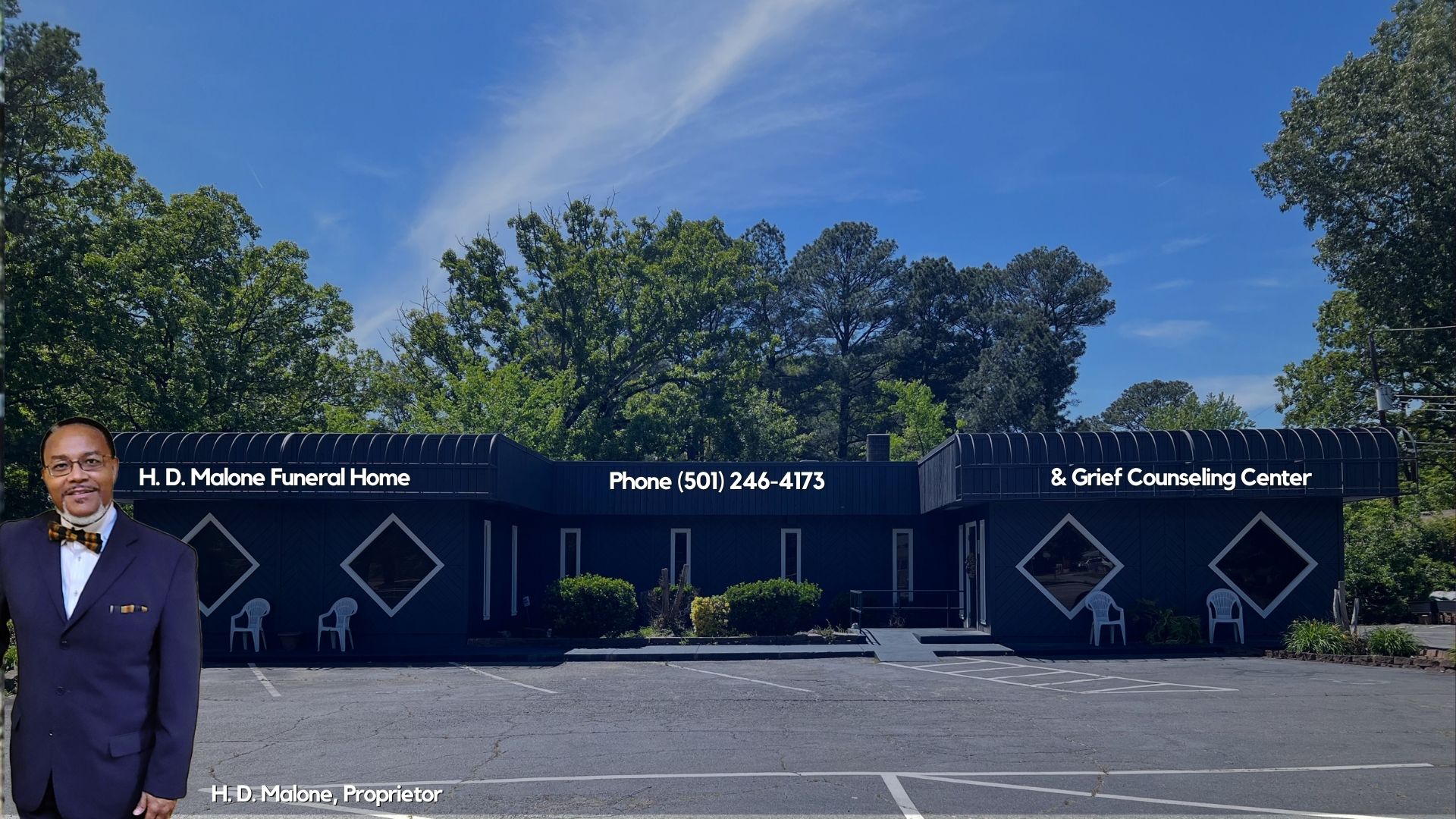
Planning your own funeral is an important way for you to ensure that the service happens exactly as you’d like it to. It can also significantly reduce the levels of stress endured by your friends and family after your passing, as they already know exactly how to proceed. Regardless of whether you are completely physically fit or not, it is always a wise idea to attend to this sort of planning well in advance.
Some of the components you’ll want to address as you begin funeral planning for yourself include:
The viewing
This is when friends and family have some time to sit peacefully with the body. It typically happens in a funeral home, but can also happen at a house of worship or your home.
The visitation
The wake is a time to gather together to celebrate the life of a person who has passed. This gathering is typically an important part of the mourning process, and allows friends and family members to provide comfort to one another.
The funeral
The funeral itself is a memorial ceremony that typically occurs in a house of worship or a funeral home. The body is usually present, either in an open or closed casket. There are no rules for a funeral, so you are free to shape the service as you see fit. If you are religious, you may want to have a service that’s full of prayer. If you served in the armed forces, you may opt for a military funeral. Other people prefer to keep the service non-denominational, and simply use it as a time for family and friends to grieve together.
A memorial ceremony
A memorial ceremony is another alternative if you are not totally comfortable with the idea of a formal funeral service. Memorials typically happen a few months after the person has passed, and the body is not present. Instead of prayers and religious rites, the memorial service is a place for family members and friends to commemorate the life and accomplishments of the person who passed. Various people can eulogize the deceased, and explain what this person meant to them.
If you wish to plan an after-death service, you’ll want to make your wishes are explicitly clear to the people who will be tasked with executing these arrangements once you have passed. Some of the details you will need to hammer out include:
- The location of the gathering/service
- The type of service
- Who should be invited
- Who should facilitate the ceremonies
- Who will speak
- Whether the body will be present, and whether the casket will be open or closed
- Any specific jewelry or clothing you would like placed on your body
- Who will serve as pallbearers (when necessary)
- Whether you would like a special picture or other items displayed with you
- Any special readings or music that you would like featured
- Whether you will ask survivors to send donations to a charity of your choice
- Information about special music, readings, food or drink, and other details
Your surviving family members and friends will take comfort in knowing that they are executing the after-death services exactly as you had wished, and you can relax knowing that the arrangements will be handled in a way that you find suitable.

